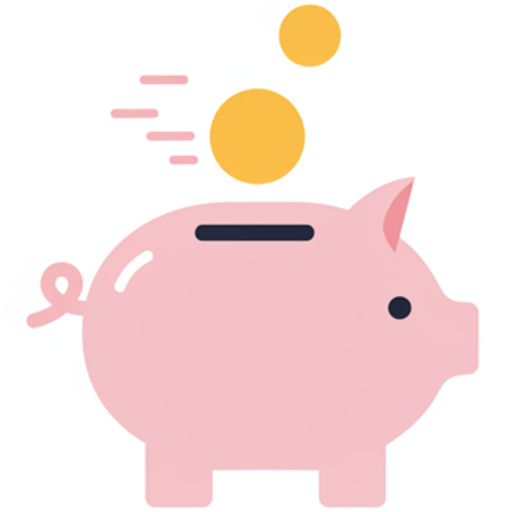A credit card might seem like a simple piece of plastic but it’s more than that.
It’s a way to borrow money. A bit like a small loan you can use again and again.
But, just like any loan, you need to understand how it works to avoid getting into trouble.
Let’s break it down so it’s easy to understand.
The Money Part: Understanding the Ins and Outs of Credit Cards
- Your Spending Limit (Credit Limit):
- This is the highest amount of money the bank lets you borrow. It’s like a line they draw, saying, “You can’t borrow more than this.”
- Remember, this isn’t your money. You’re borrowing it and you’ll need to pay it back.
- Interest: The Extra Cost of Borrowing:
- If you don’t pay back all the money you borrowed by the date they tell you, they’ll charge you extra. This is called interest.
- Think of it as a fee for borrowing. The longer you take to pay it back, the more you’ll pay.
- Minimum Payments: The Smallest Amount You Can Pay:
- Each month, you don’t have to pay back everything you borrowed. But you do have to pay at least a small part of it. This is the minimum payment.
- If you only pay the minimum, you’ll still owe the rest. And they’ll charge you interest on that.
- Your Credit Score: Your Financial Reputation:
- How you use your credit card affects your credit score. This is a number that shows how good you are at paying back money.
- If you pay on time, and don’t borrow too much, your score goes up. If you don’t, it goes down. This score is important if you want to borrow money in the future.
Credit cards are a useful tool. But they need to be handled with care.
The Real Life Part: The Temptation and the Reality of Credit Card Debt
It’s easy to get carried away when you have a credit card. It feels like you have extra money to spend. But that’s not really true.
There’s the excitement of buying something you want right away. The convenience of shopping online.
But then there’s the worry of paying it all back. The stress of seeing your debt grow and the anxiety of dealing with interest charges.
- Emergencies: A Quick Solution: If something unexpected happens, like your fridge breaking down, a credit card can help you pay for a new one quickly.
- Building a Good Credit History: If you use your credit card responsibly, you can build a good credit score which can help you get loans or mortgages later.
- The Risk of Overspending: Because you’re not using cash, it’s easy to buy more than you can afford. This can lead to debt.
- The Cost of Interest: If you don’t pay back what you owe, you’ll pay extra in interest. This can make it much harder to get out of debt.
It’s about knowing when to use your card and when to put it away.
Tips:
- Pay Your Balance in Full: If you can, pay back the full amount you borrowed each month. This way, you won’t get charged any interest.
- Keep Track of Your Spending: Don’t buy things you can’t afford to pay back. Write down what you’re buying so you know how much you’re spending.
- Know Your Payment Due Dates: Write down when you have to pay your bill and make sure you pay on time.
- Read the Terms and Conditions: Before you get a credit card, read the rules. Know what you’re agreeing to.
Credit cards can be a helpful tool if you use them wisely.
Understand how they work and you can avoid getting into debt.

Leave a Reply